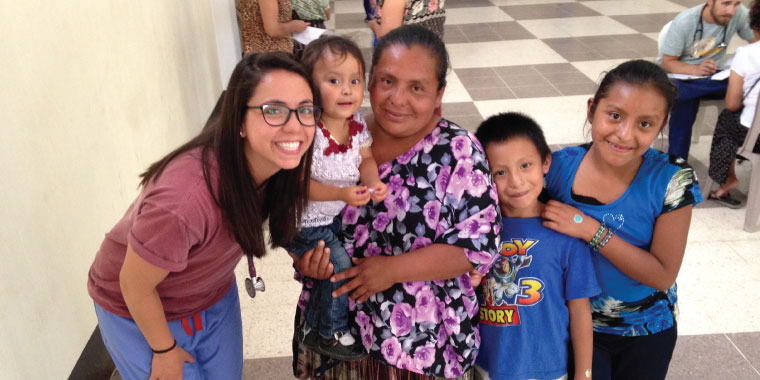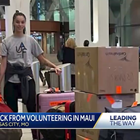A woman brought her youngest daughter to our clinic with great concern for the girl’s health. She desperately explained that she could not afford any more laboratory tests, diagnostic tests, or hospital stays because she was a single working mother barely able to financially provide for her three children.
Her daughter’s name is Ximena. Two weeks before coming to our clinic, the infant experienced what her mother perceived to be a seizure and was immediately brought to a local hospital. While there, she was administered anti-epileptic medications and had an EEG performed. The EEG at the time appeared normal, so Ximena was discharged home. Then, two days before showing up at our clinic she had another seizure-like episode.
As a team, we put our resources together while utilizing the local social worker organization we were collaborating with at the clinic. We were able to provide this mother with the resources necessary for her to be able to further pursue the etiology for her daughter's seizures as well as hopefully the means toward finding a treatment.
When we choose to volunteer on these medical mission trips, I think the most important sentiment we can portray to our patients is that we deeply care. Furthermore, we have a fortuitous opportunity to demonstrate that we not only care as future physicians, but also as fellow brothers and sisters in humanity. This type of experience truly allows for one's passion for medicine to collide with compassion for humankind, which allows for a formidable force to be brought to light.
I believe this type of shared human experience, while seemingly transient at the time, is ultimately timeless. After medical mission trips, such as the one to Guatemala, I not only leave with a deeper appreciation for a new culture and peoples but also greatly improved in my communicative abilities and breadth of medical aptitude.




(0) Comments